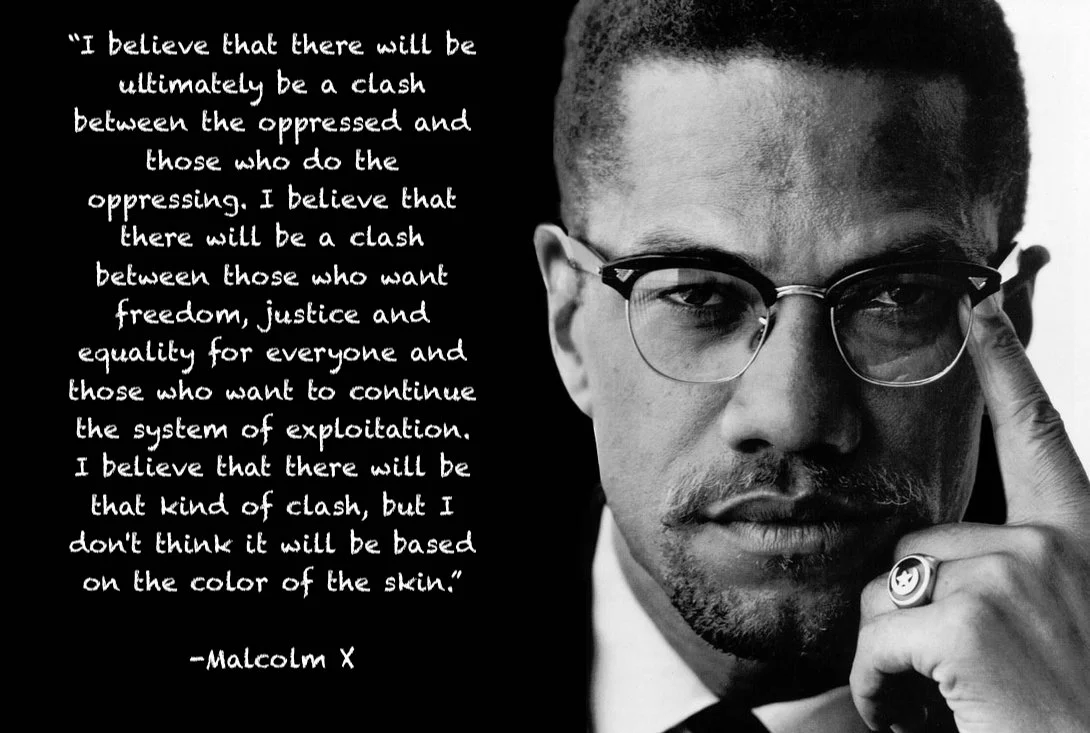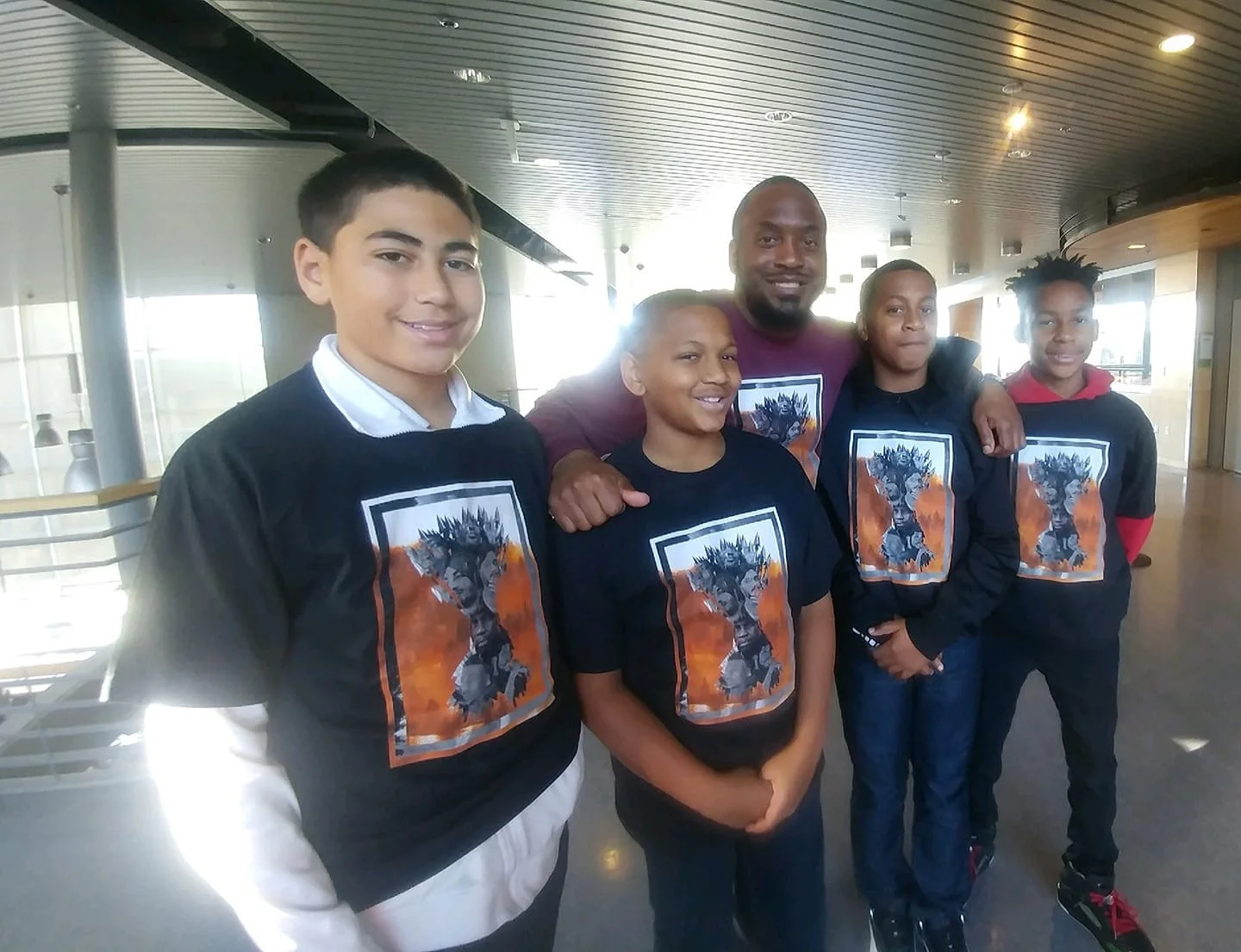Today is an important anniversary to remember. It’s not one to by any means celebrate, but neither is it one we can forget.
On May 28, 1830, U.S. President Andrew Jackson signed the Indian Removal Act into law.
According to the Library of Congress, this “allowed the president to grant unsettled lands west of the Mississippi in exchange for Indian lands within existing state borders. A few tribes went peacefully, but many resisted the relocation policy. During the fall and winter of 1838 and 1839, the Cherokees were forcibly moved west by the United States government. Approximately 4,000 Cherokees died on this forced march, which became known as the ‘Trail of Tears.’”
From the U.S. Office of the Historian:
In his 1831 ruling on Cherokee Nation v. the State of Georgia, Chief Justice John Marshall declared that “the Indian territory is admitted to compose a part of the United States,” and affirmed that the tribes were “domestic dependent nations” and “their relation to the United States resembles that of a ward to his guardian.” However, the following year the Supreme Court reversed itself and ruled that Indian tribes were indeed sovereign and immune from Georgia laws. President Jackson nonetheless refused to heed the Court’s decision. He obtained the signature of a Cherokee chief agreeing to relocation in the Treaty of New Echota, which Congress ratified against the protests of Daniel Webster and Henry Clay in 1835. The Cherokee signing party represented only a faction of the Cherokee, and the majority followed Principal Chief John Ross in a desperate attempt to hold onto their land. This attempt faltered in 1838, when, under the guns of federal troops and Georgia state militia, the Cherokee tribe were forced to the dry plains across the Mississippi. The best evidence indicates that between three and four thousand out of the fifteen to sixteen thousand Cherokees died en route from the brutal conditions of the “Trail of Tears.”
When our government was established, it operated on a system of slavery and a burgeoning belief in “manifest destiny” as justification for genocide of indigenous people.
By 1830, our president was still a slaveowner, and he signed a bill that allowed him to sign treaties never intended to be kept even more freely than before.
Fast forward 183 years, and I can't help but ask what the government has done in that time to earn our trust. More than finding reason to believe in the possibility of tomorrow, I find I'm starting to lose hope.
An article published yesterday by The Intercept, for instance, reveals through public records requests and leaked emails that Energy Transfer Partners, the corporation building the Dakota Access Pipeline, hired a private mercenary firm to work directly with the FBI, BIA and various levels of federal, state and local law enforcement to conduct illegal surveillance and to treat peaceful #NoDAPL demonstrators in Standing Rock last year as “terrorists” and “rioters” on a “battlefield.”
I might be crazy. I’m aware of that. But in a conflict of interest between a for-profit corporation and an organically formed group of people (mostly U.S. citizens), the United States government acted with military force on behalf of the corporation. It's just one of many examples of this phenomenon. What does that mean?
It happened while Obama was in office, and it’s continued with Trump. It's neither a partisan issue nor a new one. What does that mean?
And what does it mean for our kids that we’re sending them to schools made mandatory by this same government? I know that’s a crazy-sounding question in the “normal” world, but it’s one I again can’t keep from asking.
And apparently I'm not the first to ask it, because it’s also one that Malcolm X may have already answered: “Only a fool would let his enemy educate his children.”
Our government has shown throughout history a perfect willingness to treat its own citizens like the enemy. Does that mean we’re fools for thinking we’ll ever find what we’re looking for in their schools?












